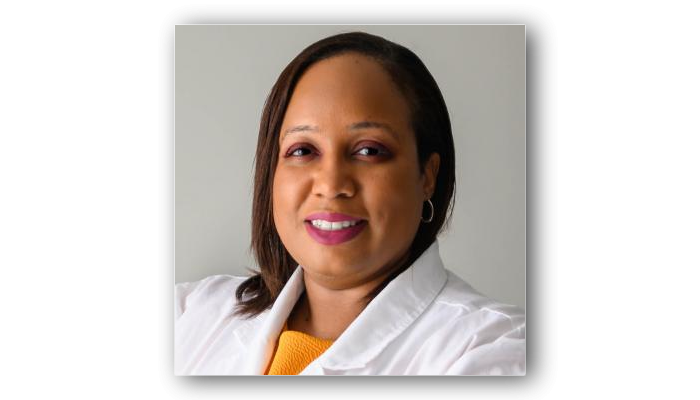How Cultural Values and Religious Beliefs Impact the Decision for Enteral Feeding
February 13, 2014
By Mary Ellen Posthauer, RDN, CD, LD, FAND
Lindsay Andronaco's blog, "How Can Wound Care Nurses Provide Culturally Sensitive Care" prompted me to reflect on similar situations that I have encountered in the nutrition arena. In particular, when individuals with non-healing wounds are either not ingesting or unable to ingest adequate calories to promote healing, the interdisciplinary team meets with the individual and/or caregiver or surrogate to discuss the consideration of enteral nutrition. While the burden and benefit of enteral nutrition is discussed, the team is often challenged by both the cultural and religious beliefs that impact the final decision. Consider this case study.
A Case Study in Culturally Sensitive Nutritional Intervention
A 95-year-old man with multiple co-morbidities suffers a CVA and is transferred from the nursing home to the hospital. He is readmitted to the nursing home with multiple pressure ulcers, a 10-pound unintended weight loss and severe dysphagia. Multiple sessions with the speech language therapist and the evaluation of a barium swallow reveal continued aspiration concerns. NPO is recommended as is consideration for hospice status.
The gentleman has a large family and by custom they all participate as equal partners in the decision. Their culture dictates that as the patriarch every measure possible should be taken to extend his life and denying him enteral feeding is starving him. The physician explains the continued risk of aspiration even with a tube feeding plus the additional problems that may occur such as nausea and/or diarrhea. The other members of the interdisciplinary team explain that his quality of life and wounds may not improve with the enteral feedings. However, ethically the team must support the family's decision to place a tube and begin enteral nutrition.
Effective Communication with Family of Wound Care Patients
Our responsibility as members of the interdisciplinary team is to communicate with patients and their families in terms that they can understand and comprehend. Culture, language and education are often barriers that impede the understanding of our health care jargon. Can your patients or their families comprehend the meaning of these statements?
-Due to gastric stasis and inability to place a small bowel feeding tube, total parenteral nutrition will be required.
-The barium swallow study indicates that you have the potential for severe aspiration pneumonia and therefore NPO is recommended.
-Your father is not benefiting from nutrition support and we are recommending withdrawing his tube feeding.
Simplifying our statements to our clients improves their understanding and places them at ease. As clinicians, we can all benefit from learning more about the religious values and cultural diversity of our clients and its impact on ethical decisions. The majority of our clients are overwhelmed by all the decisions they are confronted with when it comes to making health care choices. There are many good resources and I have included a few of them. You may have others that you wish to share.
Sources
Phipps E, True G, Harris D, et al. Approaching the end of life: attitudes, preferences, and behaviors of African-American and white patients and their family caregivers. J Clin Oncol . 2003;21(3):549-554.
Searight HR, Gafford J. Cultural diversity at the end of life:issues and guidelines for family physicians. Am Fam Physician.2005;71:515-522.
Volandes AE, Paasche-Orlow M, Gillick MR, et al. Health literacy not race predicts end-of-life care preferences. J Palliat Med. 2008;11(5):754-762.
About The Author
Mary Ellen Posthauer RDN, CD, LD, FAND is an award winning dietitian, consultant for MEP Healthcare Dietary Services, published author, and member of the Purdue University Hall of Fame, Department of Foods and Nutrition, having held positions on numerous boards and panels including the National Pressure Ulcer Advisory Panel and the American Dietetic Association's Unintentional Weight Loss work group.
The views and opinions expressed in this blog are solely those of the author, and do not represent the views of WoundSource, Kestrel Health Information, Inc., its affiliates, or subsidiary companies.
The views and opinions expressed in this blog are solely those of the author, and do not represent the views of WoundSource, HMP Global, its affiliates, or subsidiary companies.







